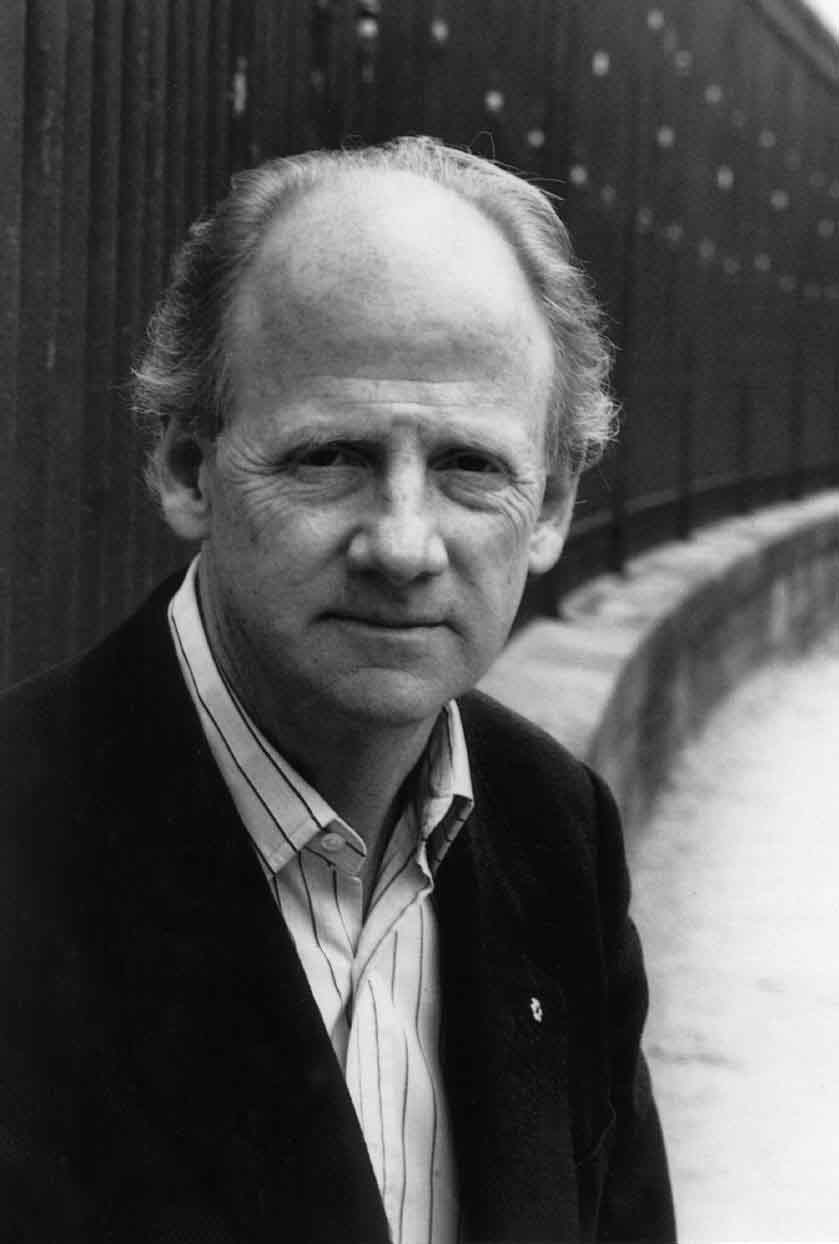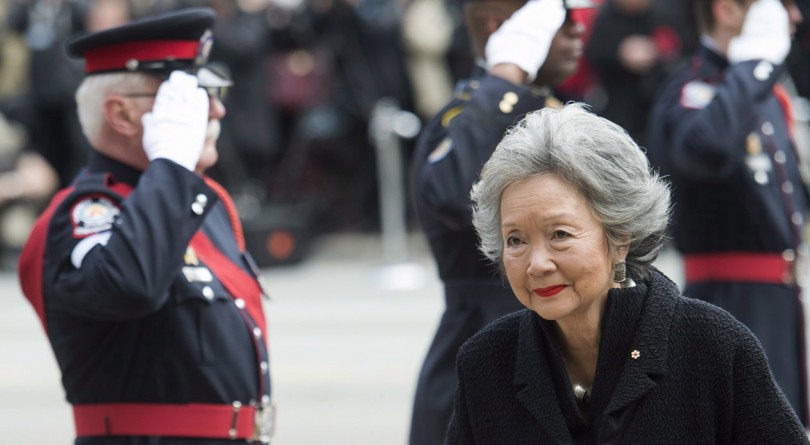
As we filed down the loading ramp toward the flight, there was one face in the group of passengers around me that looked familiar. Was he a TV host? Maybe a sports personality? Possibly a politician? As passengers began stowing their bags overhead, I realized he wasn’t any of those guesses I’d made on the ramp. Then, it hit me as I sat down beside him.
“You’re John Ralston Saul, aren’t you?” I said.
He nodded, smiled and said, “Or, as some call me, Mr. Adrienne Clarkson.”
It was early in the 2000s when I shared a flight with the husband of then Governor General Adrienne Clarkson. I reminded him that we had met once previously in 1977, when the two of us crisscrossed the Prairies on similar flights, each promoting his first book. Of course, Saul went on to become an internationally celebrated essayist and novelist and active supporter of freedom of expression. He received countless literary awards, 21 honorary degrees and became Companion of the Order of Canada.
But his comment about Adrienne Clarkson was top of mind that day. And I was curious. “What’s an average day in the life of the Governor General like?”
He told me right away that the office of the Governor General was the oldest continuous institution in Canada, going back to the times of New France in 1627, when Samuel de Champlain was the first of 18 French governors, then after 1867 all were British, until 1952 when Vincent Massey’s became the first Canadian appointed. With the history preliminaries over, Saul explained that Adrienne (I guess like all Governors General) did mountains of reading – reading of letters for Canadian diplomats, petitions for coats of arms, and managing the Canadian honours system.

“But where had her interest in the military come from?” I asked.
Saul reminded me that moving into her new role in 1999, Gov. Gen. Clarkson had immersed herself in the project to repatriate Canada’s Unknown Soldier from France. In the spring of 2000, she’d prepared a eulogy. I remembered it. And when I later dug it out of my research, I realized its humility and grace.
“We do not know whether he had begun truly to live his life as a truck driver or a scientist, a miner or a teacher, a farmer or a student,” she said.
“Did he have brown eyes? Did he know what it was to love someone?
“This unknown soldier was not able to live out his allotted span of life to contribute to his country. But in giving himself totally through duty, commitment, love and honour, he has become part of us forever.”
But aside from the symbolic things, such as the connection to the Unknown Soldier and reconnecting with Princess Patricia’s Canadian Light Infantry (she later was appointed colonel in chief), I wondered about the nitty-gritty stuff in Parliament. How important was all of that?
Here was where all that symbolism dissolved into genuine power – giving Royal Assent to bills making them law, setting out a government’s program by reading the Speech from the Throne – and the really interesting one – the power to summon, prorogue and/or dissolve Parliament. And indeed, in 2004, when then prime minister Paul Martin was in danger of losing confidence in the House of Commons, would she then need to turn to the leader of the Opposition, Stephen Harper, to form a government?
Reading Susan Delacourt’s piece in the Star this week about Gov. Gen. Clarkson consulting her and her colleague Jim Travers, showed another important skill for the vice-regal Canadian – the ability to consult and listen. “Clarkson had lots of questions about articles we’d written,” Delacourt wrote. As it turned out, the crisis past without Clarkson’s involvement.
“Why had Indigenous issues become so important to her?” I asked John Ralston Saul.
He explained that she made more trips into Northern Canada than any other Governor General. And she took a lot of flak for those trips. Partly because of her own sense of heritage – coming to Canada with her family in 1941 as a refugee from Japanese-occupied Hong Kong – I guess Clarkson recognized the importance of being a visible minority and being the Queen’s representative for all Canada’s people.
Now this may all look like nothing more than a pro-Clarkson, pro-monarchy rant. I know that Canada’s 26th Governor General didn’t rub everybody the right way. And that’s fine, if that’s your view of her tenure. You may also believe – especially in the wake of the resignation of Julie Payette – that we should just toss out the whole vice-regal office completely. I don’t believe that.
All I’m suggesting is that as long as we remain a Parliamentary democracy in the Commonwealth, let’s ensure that the next candidate has some of Adrienne Clarkson’s traits – grace, oratory, consultative skills, connection to popular traditions and some humility.